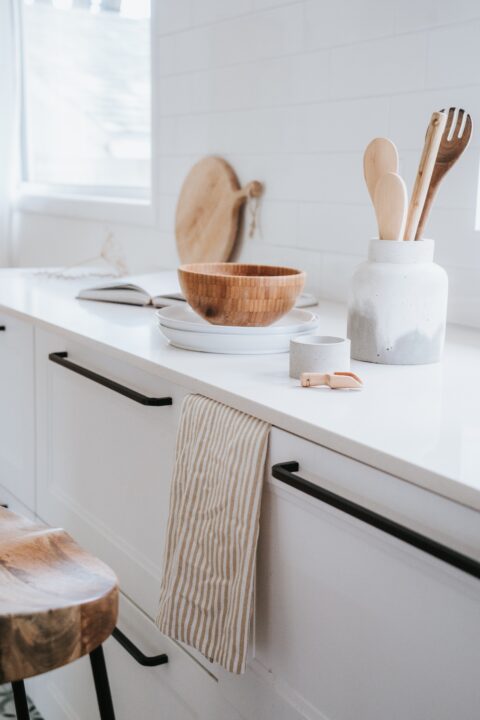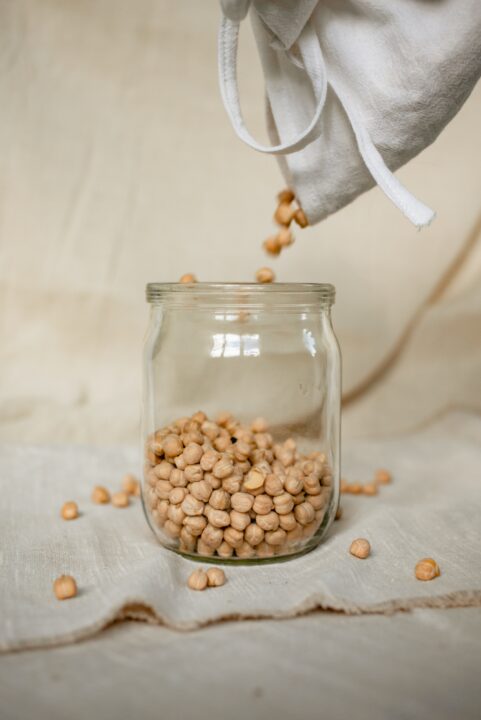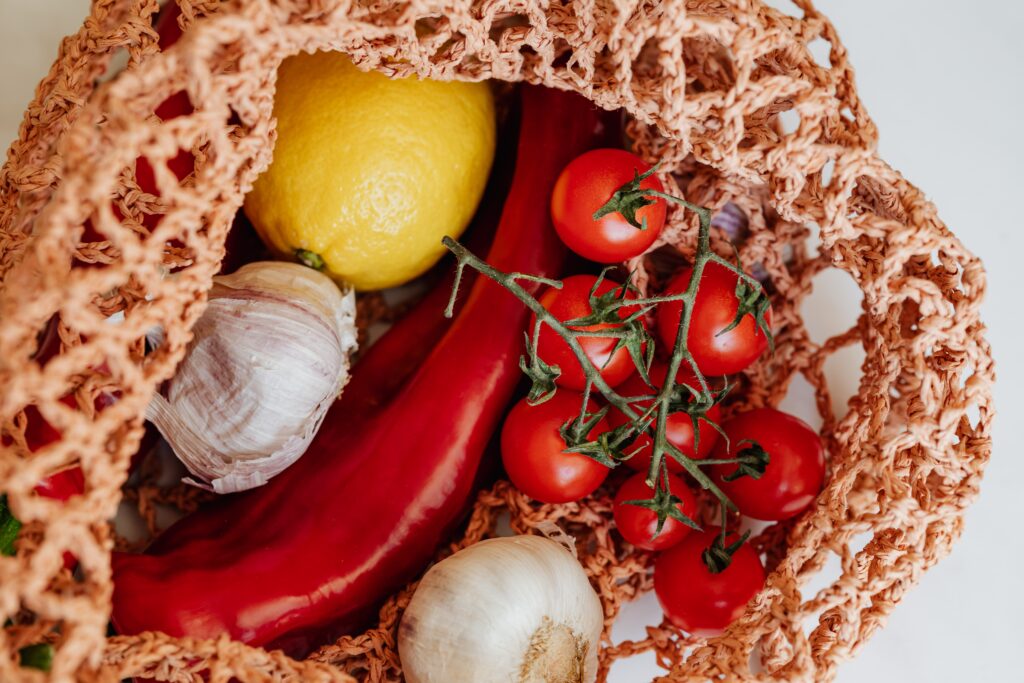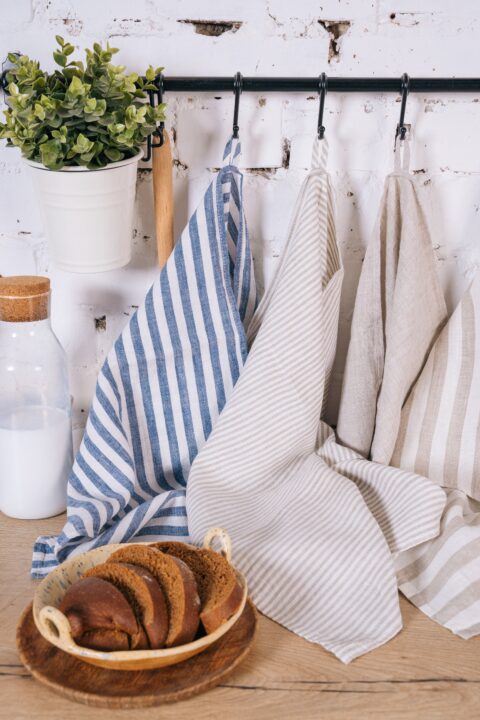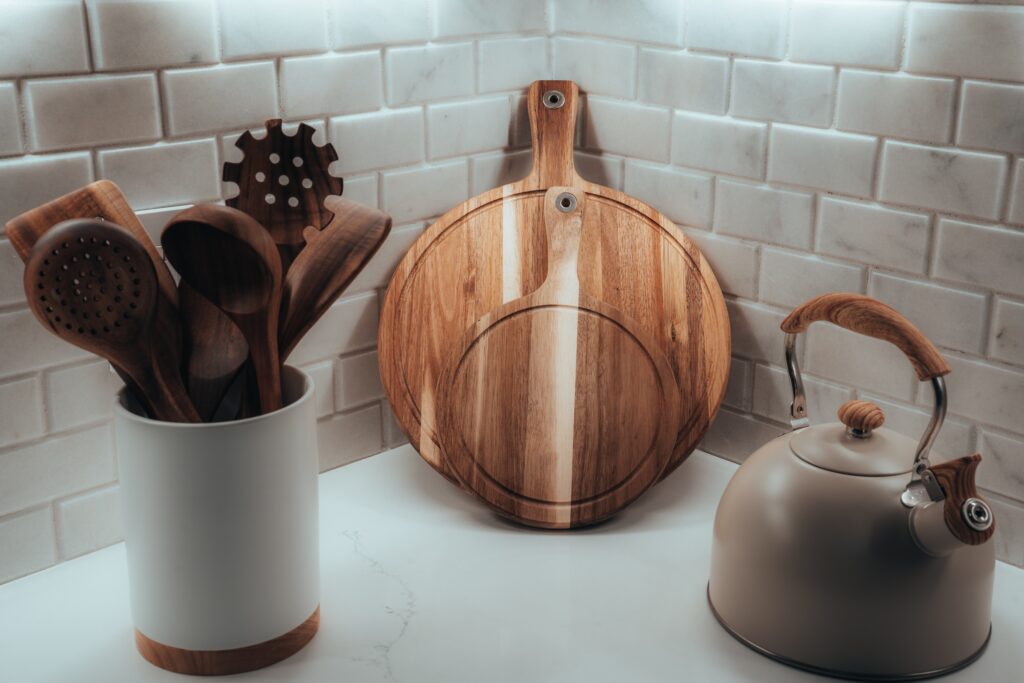It is nice to have some really good kitchen essentials in your home, but it is not enough. Here’s when sustainability questions come up: is that equipment zero-waste?
The kitchen is where more than 60% of home waste springs from, no doubt about that. Since we can really put a halt to it, what effort are you making towards making your kitchen sustainable by reducing the waste that comes from it? These are some of the questions we need to ask ourselves.
Home waste comes in second after industrial waste; truth be told, the planet is already suffering from some climate issues that, if not properly controlled, may interfere with humans’ healthy living. Instead of stuffing your kitchen with the latest technology and kitchen trends, which most times are really not necessary, why not go for sustainable kitchen essentials?
The catch is that you don’t need all the heavy and expensive equipment and utensils to have a nice kitchen. Some of these things you stack up are really unnecessary. Sustainability is where we should be heading right now as concerned humans. There’s a need to zero in on or reduce kitchen waste. Getting zero-waste kitchen essentials is one of them.
What’s a zero-waste kitchen?
A zero-waste kitchen is basically a kitchen that operates and uses sustainable essentials to reduce or cut down kitchen waste. The aim is to prevent further production of waste, which has a negative effect on the ecosystem in no small measure. What is prioritized to achieve these feats is to reuse used kitchen items, reduce waste through sustainable kitchen practices, and recycle items into new ones.
Aside from using sustainable kitchen utensils, what we do and how we do it in the kitchen matter too. There are a lot of ways you can reduce waste in or from the kitchen. The first thing is that we need to change the way we do things. Sustainable kitchen practices are important if we are to achieve a green and safe eco-friendliness.
7 Tips to Achieve a Zero Waste Kitchen
1. Bulk Buying
Bulk buying is not just safe and promotes sustainability; it also saves you some money. On the waste reduction aspect, a lot of food items we buy to cook often come in different layers of plastic packaging. This is one of the major contributors to home waste.
When you buy in bulk most times, the packaging is less than when you buy a single unit regularly. Instead of multiple plastic bags from time to time, you come home with a single, bigger one. That’s one plastic waste, so the reduction is visible.
2. Reuse containers
-

polina kovaleva, pexels, 5420619.jpg
When you buy groceries, they come in container packaging. Things like liquid soap, ice cream plates, snack packs, bottled water, and steel containers don’t have to end up in the trash can after the products inside have been consumed.
You can use them to store food items in your fridge and kitchen cabinets. Leftovers and food ingredients can also fit in. So, when you next consume the content, don’t throw it away, as it can still be useful somehow. This way, you can reduce waste and have a fitted and arranged kitchen where everything is properly packed, stored and arranged neatly.
3. Compost food wastes
When you have spoiled food or things like eggshells, fresh vegetable stems, tea leaves, and spoiled fruits, you don’t have to throw them away. You can compost them by setting up a small composting system in your kitchen or outside your home. By doing this, you are reducing waste.
If you are not sure how to go about the composting system, you can learn online or seek expert advice. It’s, however, important to know that not all foods can be composted in the home; foods like meat and oily foods take time to decompose.
All in all, composting is one of the best ways to reduce kitchen waste, and the compost you get can also be used to fertilize the soil for good plant growth. No carbon imprint is just a natural way of not causing harm to the environment.
4. Don’t cook more than you can eat
Other than waste from food packaging, spoiled foods are the highest waste produced in most homes in the United States. This is what we can call some kind of greed or just not being cautious.
People know full well how little they eat; they prepare big meals they can’t finish and end up throwing the leftovers in the trash. You may have the money to keep doing this but remember that there are some people who don’t even have any food to eat.
Plus, you are harming the environment indirectly and harming yourself as well. It’s important to prepare food in proportions you can finish to reduce kitchen waste.
5. Properly store leftovers and extras
Poor storage is also a major contributor to kitchen waste. Most people don’t even know how to store their foods properly to prevent spoilage. Once they prepare food and there are leftovers, there’s a high chance they end up in dumpsters or landfills.
To properly store your food, you don’t just dump it in the refrigerator or somewhere in the kitchen. What you store the food in matters a lot if it’s not going to spoil. Plus, there are methods for preserving different grocery items.
Dumping everything in your fridge is a very bad practice, which is why some people have smelly fridges. Fruits and properly packed, already cooked foods can go in the fridge for storage. But putting snacks and non-perishables in there is the wrong thing to do.
Also, anything going on there needs to be packed with the right packaging—sustainable packaging, actually. Choose beeswax wraps over plastic and silicone bags over plastic bags. Just make sure you avoid non-recyclable plastics.
6. Dump single-use products
Single-use items are big contributors to kitchen waste. The adverse effects are numerous. Ditch them by going for reusable products. Go for glass and steel containers instead of plastic. Beeswax wraps in place of polythene and plastic wraps Reusable coffee cups instead of single-use cups and reusable plastic water bottles instead of single-use.
It’s simple, and it’s even better for you than wasting money buying new containers. Plastic waste is one thing that is a serious concern in our world today. Everywhere is filled with plastic, and it takes longer to decompose for the ones that do. To reduce and eliminate kitchen waste, ditching single-use products for reusables is key.
7. Minimize water usage
Water is a number one necessity, yet we still need to minimize usage. It is a natural resource, and resources like this, along with others, are meant to be conserved to achieve a reduced waste eco-system.
Make sure to check for pipe leakages and collect used water for other functions, like watering plants. Water conservation is pivotal to achieving a liveable ecosystem.
10 Zero-Waste Kitchen Essentials
As much as you want to practice zero waste to reduce kitchen waste, it’s not achievable if you are not using zero-waste kitchen essentials. The items present in your kitchen are a major determinant of how much waste your kitchen generates. With the right zero-waste kitchen essentials, you can’t go wrong in your pursuit of sustainability.
1. Reusable Shopping Bags
-

karolina grabowska, pexels, 4020557.jpg
Plastic bags are common, yes. They contribute in no small amount to household plastic waste. Reusable shopping bags are zero-waste kitchen essentials that are best for you and the environment.
The best are ones made of cotton and leather. You can rewash them and keep them in your kitchen, ensuring that each time you go grocery shopping, you pack your groceries instead of using the plastic bags that are offered.
2. Beeswax Wraps
Why use plastic wrap when you have beeswax wrap? Beeswax wraps are sustainable, zero-waste kitchen essentials that aren’t supposed to be missing in your kitchen. They are made from natural materials and beeswax. You can use beeswax wraps to wrap fruits, cover a bowl, wrap sandwiches, and wrap veggies. Beeswax wraps are known for keeping food fresh and soothing.
3. Mason Jars
Best for storing dry goods and liquids, Mason jars are a nice kitchen tool you can’t go wrong with. You can use it for many functions over and over again for years.
4. Natural Bristle Brush
Needed for cleaning and scrubbing pots, plates, and other utensils, a bristle brush is one zero-waste kitchen essential that is a must-have in your kitchen.
5. Reusable Snack Bags
Why go for single-use snack bags when you can use silicone snack bags to pack your snacks? You don’t have to add to home waste; they are obviously the best to back up your snacks.
6. Funnels
Funnels are one of the kitchen essentials that are supposed to be found in every kitchen. The reason is not far-fetched; it’s a necessity if you want to avoid waste.
It can be used to pour soap solution into a bottle, pour oils without spilling, fill water bottles with water and liquids, and many more uses.
7. Kitchen Towels
-

tima miroshnichanko, pexels, 4794899.jpg
If you still use paper napkins to clean or dry in the kitchen or dining room, then you are in for a treat. These things are not reusable and constitute a lot of household waste.
Kitchen towels made of cotton are zero-waste kitchen essentials, and they can be rewashed and reused over time. They can also give your dining table a nice outlook.
8. Stainless Steel Straws
Plastic straws are one of the most common types of waste that can be found in dumpsters in every area. Though stainless-steel straws have yet to become popular, they exist. To eliminate kitchen waste, you need to stop using plastic straws. Stainless steel straws are better, reusable, and easy to clean. You can also carry them with you anywhere.
9. Wooden and Steel Spoons
-

osmany mederos, pexels, 18288702.jpg
Yes, rubber spoons and plates not only contribute to household waste, but they are also dangerous to our health. Putting hot food in rubs or exposing rubbers to hot foods can cause cancer.
This is because if the food becomes so hot, it can melt some of it into the food. wooden and stainless-steel spoons for your cooking. They are sustainable and recyclable.
10. Refillable cleaning solutions
Cleaning solutions are important kitchen essentials, but the plastics they come with often become waste after they have been consumed. To avoid patronizing cleaning brands that offer refill options, this is one great way to minimize home waste.
Conclusion
The kitchen is an important part of the home, and it’s where most of the household waste is generated. Another reason is that there’s a need to practice sustainability in the kitchen, coupled with using zero-waste kitchen essentials. Your kitchen can’t be beautiful by stacking up items you don’t need or contributing to large wastes. A sustainable kitchen with sustainable utensils is a beautiful one.
